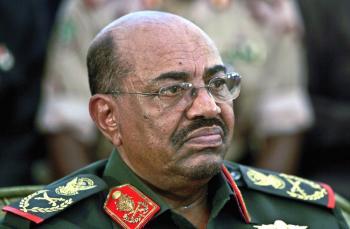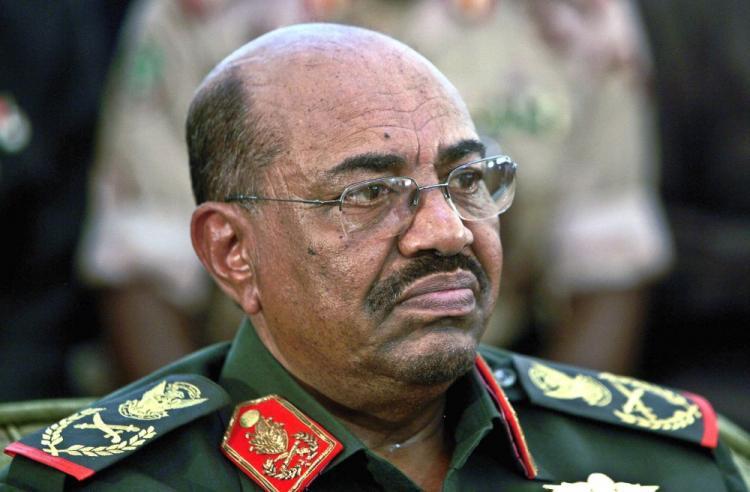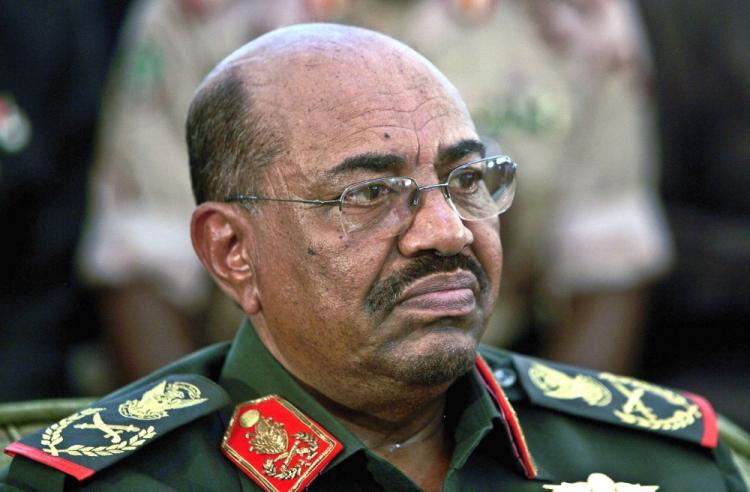Sudanese President Omar al-Bashir and his National Congress Party (NCP) were announced winners on Monday after an election full of flaws. The outcome was as good as certain after main opposition parties withdrew just before voting started, claiming the elections had been rigged.
Bashir received 68 percent of the votes in the first multiparty elections in 24 years and will be granted a four-year presidential term in Africa’s largest nation.
In March 2009, Bashir was indicted by the International Criminal Court for alleged war crimes in Darfur. A senior assistant to the president, Nafie Ali Nafi, said beforehand that a victory in democratic elections would prove that war crime allegations against Omar al-Beshir were false, according to AFP.
Elections were not only cast for a national president but also a regional president, an assembly, and governors. Salva Kiir, the leader of People’s Liberation Movement (SPLM) was elected as president of the autonomous government of south Sudan. The former rebel leader and his party only participated in the regional elections in the south where they received 93 percent of the votes.
The U.S-based Carter Center, which monitored the election process in Sudan, said the elections were below international standards but that there was “no evidence of deliberate fraud by members of the National Elections Commission (NEC) or others.”
The center, founded by former U.S. President Jimmy Carter, did point out some “important flaws” such as problems with the voters list—names were missing from the electoral roll and ballots had been mixed up— intimidation of voters, logistical problems, a lack of transparency in the electoral process and inadequate protection of political freedom.
The EU expressed similar concerns but praised the Sudanese people in a statement for being patient and forbearing during the election process.
The results, however dubious, are likely to be accepted by the Sudanese as well as the international community because the elections are seen as a milestone in the 2005 peace deal that marked the end of a 21-year civil war between north and south Sudan.
“In the minds of its sponsors the CPA (Comprehensive Peace Agreement) is “too big to fail.” The United States, the CPA’s main sponsor, and the European Union are worried that their investment in peace in Sudan may be lost to renewed conflict or instability. The bailout is simple; support the SPLM/NCP to muddle through no matter how flawed or sham the elections may be,” Ahmed Elzobier was reported saying in Sudan Tribune.
The next step in the peace deal will be a referendum to be held in January 2011 that will decide on the division or reunification of the country.
“I assure [you] the referendum in south Sudan will take place on schedule,” Bashir was reported as saying by AFP, after the results of the elections were announced.
Bashir received 68 percent of the votes in the first multiparty elections in 24 years and will be granted a four-year presidential term in Africa’s largest nation.
In March 2009, Bashir was indicted by the International Criminal Court for alleged war crimes in Darfur. A senior assistant to the president, Nafie Ali Nafi, said beforehand that a victory in democratic elections would prove that war crime allegations against Omar al-Beshir were false, according to AFP.
Elections were not only cast for a national president but also a regional president, an assembly, and governors. Salva Kiir, the leader of People’s Liberation Movement (SPLM) was elected as president of the autonomous government of south Sudan. The former rebel leader and his party only participated in the regional elections in the south where they received 93 percent of the votes.
The U.S-based Carter Center, which monitored the election process in Sudan, said the elections were below international standards but that there was “no evidence of deliberate fraud by members of the National Elections Commission (NEC) or others.”
The center, founded by former U.S. President Jimmy Carter, did point out some “important flaws” such as problems with the voters list—names were missing from the electoral roll and ballots had been mixed up— intimidation of voters, logistical problems, a lack of transparency in the electoral process and inadequate protection of political freedom.
The EU expressed similar concerns but praised the Sudanese people in a statement for being patient and forbearing during the election process.
The results, however dubious, are likely to be accepted by the Sudanese as well as the international community because the elections are seen as a milestone in the 2005 peace deal that marked the end of a 21-year civil war between north and south Sudan.
“In the minds of its sponsors the CPA (Comprehensive Peace Agreement) is “too big to fail.” The United States, the CPA’s main sponsor, and the European Union are worried that their investment in peace in Sudan may be lost to renewed conflict or instability. The bailout is simple; support the SPLM/NCP to muddle through no matter how flawed or sham the elections may be,” Ahmed Elzobier was reported saying in Sudan Tribune.
The next step in the peace deal will be a referendum to be held in January 2011 that will decide on the division or reunification of the country.
“I assure [you] the referendum in south Sudan will take place on schedule,” Bashir was reported as saying by AFP, after the results of the elections were announced.





